UPDATE: Prince Harry, Murdoch, and the New CEO of The Washington Post
A special paid tier freebie for everyone.
Since my initial post last week about the scandals that followed the new CEO of The Washington Post, Will Lewis, across the pond, a ton of news has dropped.
So, I decided to do a reissue with new information and open it up for all subscribers. This will also give you a taste of what you can expect as a paid subscriber or founding member.
Thank you for helping me keep this Substack going.
Tuesday June 18th 2024
The hits kept coming this past weekend for the new CEO of The Washington Post, Will Lewis.
A week after he reported on Lewis trying to kill unfavorable stories about his controversies at WaPo—including his own experience with a floated quid pro quo—NPR’s David Folkenflik was back with more.
In a new, extensive piece, Folkenflik interviewed 10 former and current Washington Post journalists to paint a broader picture of what Lewis’s 5 month tenure has consisted of so far. Besides killing stories, Lewis has brought in 5 of his former colleagues from the U.K. including Robert Winnett, who is the deputy editor of the Telegraph Media Group.
Yes, home of the author of that piece, my Roman Empire, which is an entirely different series on here that I cannot get into or I will never stop.
According to the piece, Winnett is affectionately known by colleagues as “rat boy”, not to be confused with the “rodent-man” trend.
Could it also be an appreciation for his, erm—unethical tactics, at least by codes of conduct for US papers like The Washington Post and NYT? Perhaps like the time when Lewis approved a 110,000-pound payment to secure Winnett’s exclusive. The money was used to acquire a stolen government database.
Not great.
The piece also delves into the different worlds of US vs UK media. Emily Bell, formerly of The Guardian, is quoted saying:
"In Britain, there are much more incestuous relationships, with much greater alignment of power rather than a genuine interest in actually holding power to account[…]"
Exactly.
Monday June 17th 2024 Update
On Monday, Folkenflik tweeted that former WaPo Senior Managing Editor, Cameron Barr, was now overseeing the paper’s coverage of the controversies instead of, you know, the guy at the center of the controversies.
This is definitely not what WaPo had in mind when they brought on Lewis in the hopes that he could recreate the magic at the Murdoch-owned Wall Street Journal and save their lagging digital subscriptions. But they underestimated how aggrieved people would be over the paper that broke Watergate hiring a guy alleged of multiple scandals, from unethical to potentially illegal. How could they have missed this? Did they miss it at all? That’s another thought I’m chewing on, but it depends on what happens next.
I will keep this post free to read and updated as info roles in. I expect we’ll have more news soon. Feel free to share with friends and fam.!
Original Piece From June 12th 2024
“Why doesn’t Prince Harry settle instead of wasting the court’s time with a trial?”, is a common refrain I’ve heard when it comes to the Duke of Sussex’s various lawsuits against media heavy hitters in Britain.
In part, it’s because the goal isn’t just money. Prince Harry wants to cast a blinding spotlight on the media, exposing how they’ve operated in the past—and continue to operate today. Hopefully, it’s the beginning of conversations on media accountability that lead to actual reform (although that still feels like a pipe dream).
Yes, one of the reasons to go to trial is because of what can come out in documents and court proceedings. That’s exactly what has happened in Prince Harry’s lawsuits—specifically his case against News Corp (owned by Murdoch). While a large swath of the British media was gleefully focused on any blows—real or imagined—to Harry’s lawsuits, NPR was digging into something else. The new CEO of The Washington Post, Will Lewis, was accused in filings by Prince Harry’s legal team of leading a cover-up while at News Corp.
The Washington Post, Will Lewis & the Alleged Cover-Up
For a fuller picture on Will Lewis and the 2023 NPR Piece, check out the video below.
None of this is new. Byline Investigates wrote about Will Lewis and the allegations against him in 2020. There’s no way The Washington Post didn’t know this before hiring him. They probably hoped it would go unnoticed or unreported on—fat chance when it’s the King’s second son making the accusations.
Will Lewis is a journalist turned—in my opinion—fixer, or, as The Guardian put it, a “clean up-campaigner”, when he was hired to “root out newsroom corruption” by News Corp in an effort to stop the bleeding during the phone hacking scandal of 2011. As NPR’s David Folkenflik put it in his 2023 article:
[Will Lewis'] stands accused of helping to lead a massive cover-up of criminal activity when he was acting outside public view.
Per NPR, Prince Harry further claimed in court filings that Lewis allegedly ordered the mass deletion of millions of emails after the authorities had ordered them to be preserved—including ones implicating Rebekah Brooks. In their 2020 piece, Byline Investigates alleged that 5.5. million emails were deleted the day before a, “meeting between News International executives and police.” What incredible timing!
It’s almost like there should have been an inquiry into police collusion with the media…oh wait, that was going to be Leveson II, but it was deemed unnecessary by Conservative PM David Cameron at the time. Did you know he was friendly with Rebekah Brooks and the two even went riding together?
When people say let the justice system do its thing, I want to believe in that. I whole heartedly do. But justice isn’t wielded equally between the rich and the poor, between those with access and something to offer and those that have not.
Byline Investigates’ reporting on Lewis in 2020 was in the larger context of him losing out on the top job at the BBC. Whether the allegations ultimately sunk his chances or if the BBC was always going to go with an internal hire for their new Director General, we don’t know. Did he accept a job with the Washington Post because his options dried up in the U.K.? Or, did the Washington Post see what he might be able to do for them behind the scenes and brought him on BECAUSE of it?
The Latest From Last Week
Which brings us to the shocking follow-up story from NPR’s David Folkenflik—the reporter who published the original Will Lewis piece in Dec. 2023.
Not only does the piece state that The Washington Post wrote two stories about the allegations against Lewis and News Corp and that Lewis pushed his newsroom chief not to publish, but Folkenflik himself was offered an exclusive interview in exchange for killing his Dec. 2023 story. Very cool, very normal response (/s).
Folkenflik declined this quid pro quo, which was ethically the right thing to do, plus he had a far better story on his hands. Lewis is working a little too hard to kill these stories, which makes me wonder, does he fear something else coming to light? Something worse?
What the Allegations Against Lewis Reveal About the British Monarchy & the Media
Even without the allegations against Lewis, it’s not a stretch to envision these kinds of practices—quid pro quo’s—happening regularly in the media, specifically in royal reporting. We don’t even have to envision it; we have examples. Take the letter Harbottle & Lewis sent to media orgs. on Prince William’s behalf to stop reporters from sniffing around a potential story involving the future King, Rose Hanbury, and Kate Middleton in the spring of 2019. In Endgame, Omid Scobie writes that the palace desperately wanted Dan Wootton—a showbiz editor who published an early piece about the alleged issues between the friends for The Sun—off the scent and dangled other carrots in front of him. One of the proposed carrots was Scobie giving Wootton an exclusive on his upcoming book, Finding Freedom. Scobie declined, but it’s worth noting that Wootton quickly went from showbiz editor to breaking one of the biggest royal scoops: Harry & Meghan’s exit from working royal life. Or, when a teenaged Prince Harry was plastered across the front pages of British tabloids for “drug taking”, with a timeline that was fudged with help from his father’s Private Secretary. Prince Harry wrote about this in his book, Spare, and this piece from a 2003 interview with Mark Bolland, the aforementioned Private Secretary, corroborates it.
This is a tale as old as time. Those in elite circles—or adjacent to—shoring up power and access. Royal reporting as it stands isn’t about holding powerful institutions accountable. They are a PR arm for the British Royal Family, helping them maintain the status quo in exchange for access. We see this happen in the States as well, specifically with right-wing news media.
“Democracy dies in darkness”, the official slogan of The Washington Post since 2017, is a warning and a call to action. Journalism should provide a check on power. Journalism should dig into shadowy corners that institutions are desperate to keep hidden. It’s incredible that the same paper that broke Watergate has a man at its helm accused of a massive coverup on the behalf of a media conglomerate and is trying to use his new position to kill unflattering stories about himself. It’s hypocrisy is what it is.
Media malfeasance is yet another example of how the U.K. and the U.S. have way more in common than some would care to admit. It’s why when people ask me, “Why are you so obsessed with the royals?”, “Don’t you have anything better to do?”, “Can’t you worry about your own country?”, I think to myself, “I am.”
The story revealing itself to me as I examine the British Media and their relationship with the British Royal Family is a microcosm of a larger media problem. Too often I see ‘Murdoch’ used as a catch-all for today’s media problems. He is given far too much credit for the disintegration of news media—not to mention the impossibility of controlling every piece of media that comes out of the News Corp empire. In fact, Rupert is not even currently running the show! He stepped down and handed the reigns over to his son, Lachlan, in 2023. What we should be asking is, why was the ground so fertile for people like Murdoch and other media conglomerates to grow and fester and destroy actual journalism? How do we undo the damage and stop future scenarios with too few people in charge of a majority of news media we consume?
This is a structural issue. A perfect storm of media consolidation, a lack of media literacy, competition for eyeballs that leads to stories written with SEO and viral moments on social media in mind, money, share holders, advertisers, etc.
Globalization makes it impossible to view media corruption as a problem that can be contained to one country. It’s just easier to explain through the lens of the British media and the British Royal Family. We’ve seen how untrue that is with the rise in authoritarianism in other countries after the United States elected Trump and Britons voted to leave the E.U. (For a great book on this topic, check out After the Fall by Ben Rhodes.)
One day you’re shaking your head at the ridiculousness of the British tabloids, the next a clean-up guy for Murdoch during the phone hacking scandal is in charge of a beloved American newspaper.
-Meredith




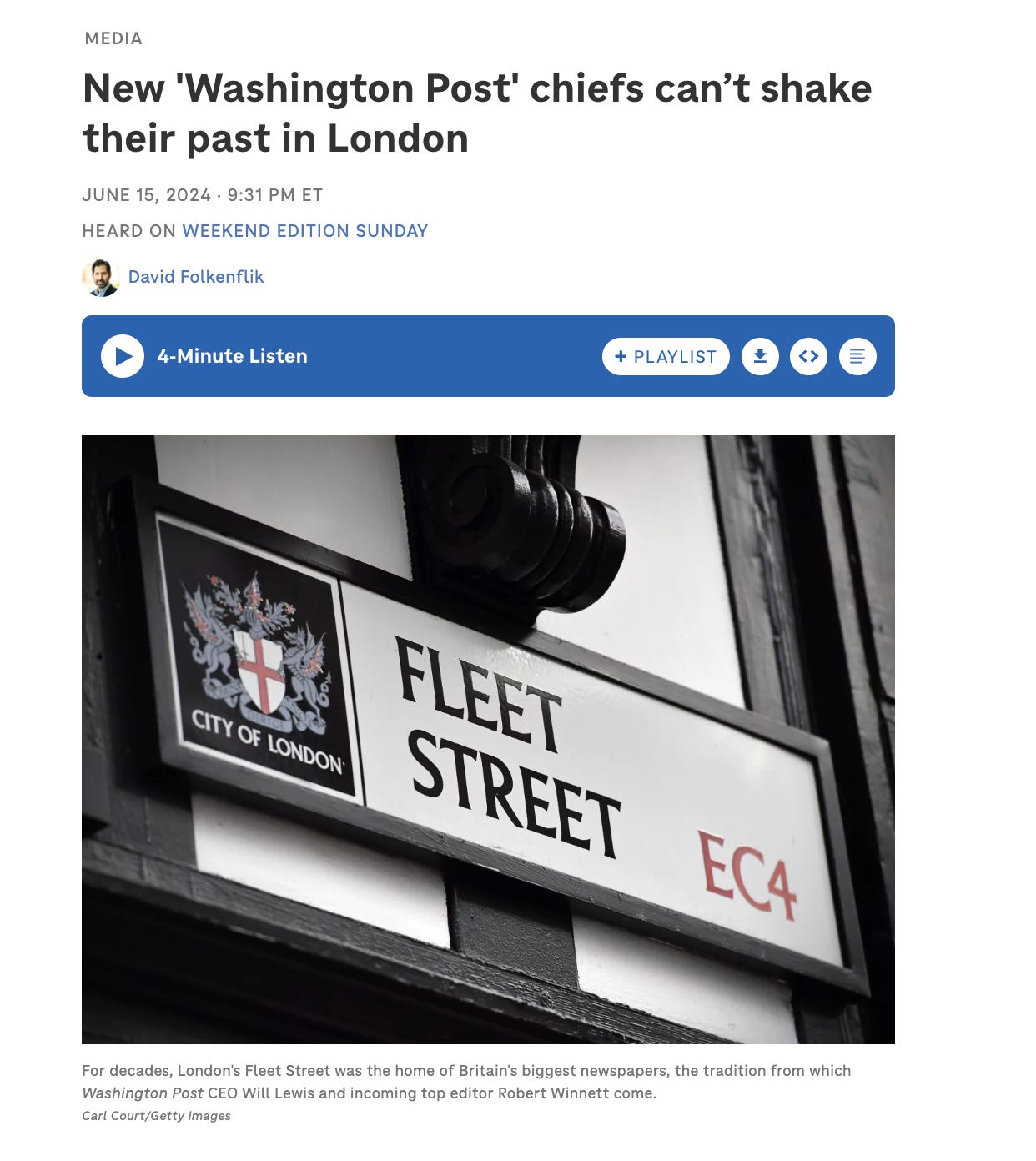
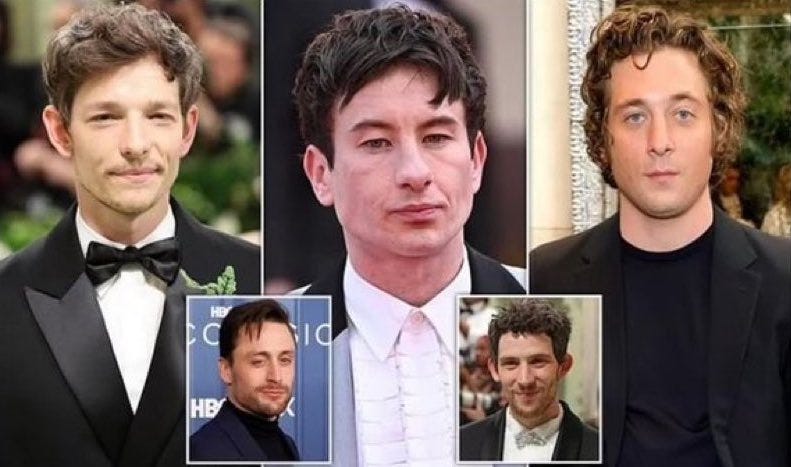
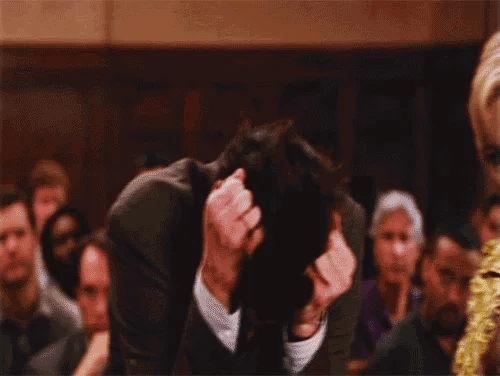
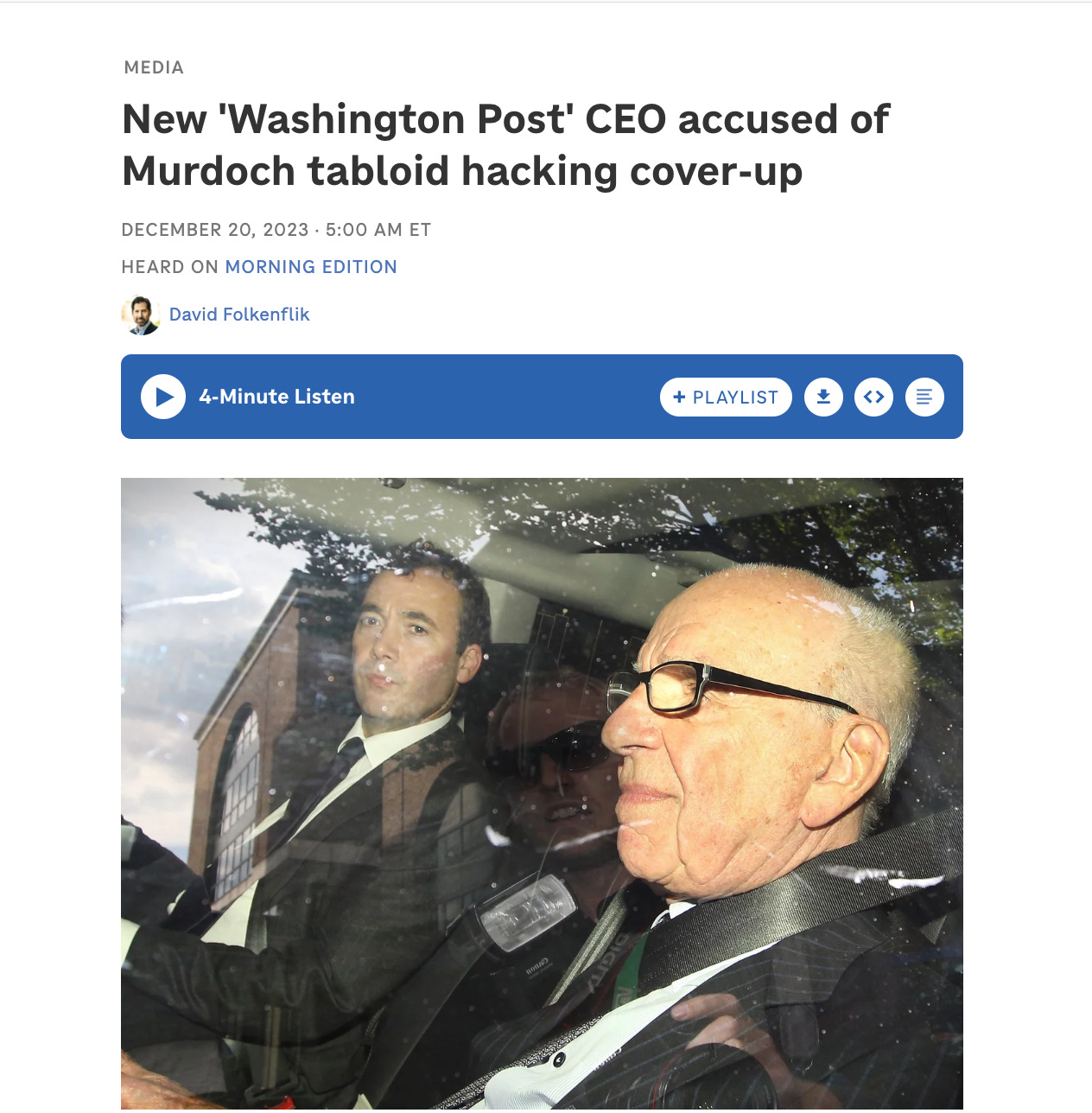
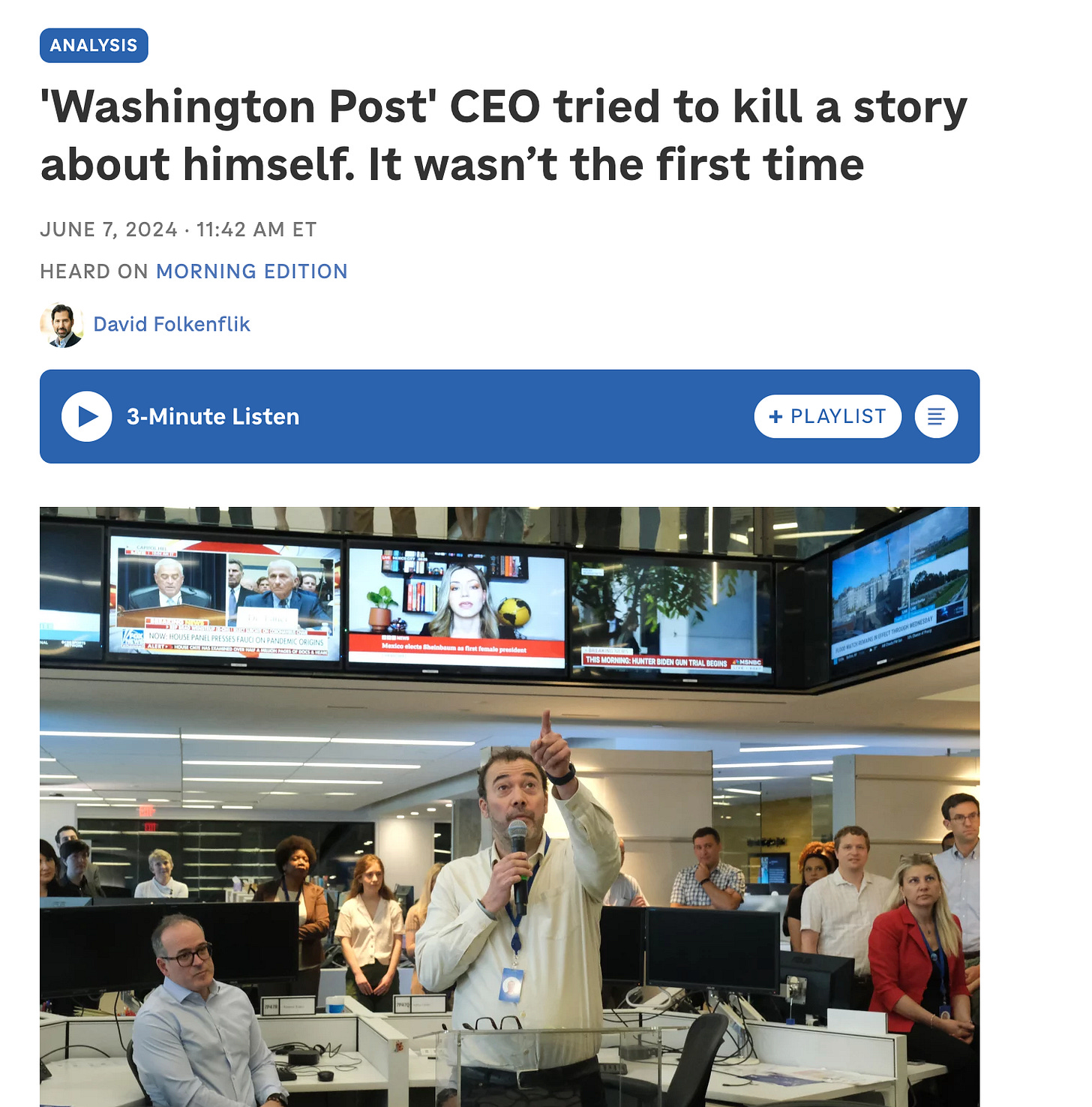
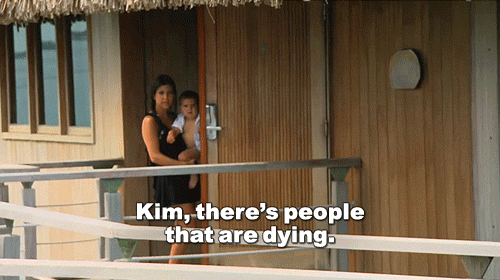
Can we please cancel Lewis and Morgan? Neither deserves a press badge from anywhere ever again. Thank you for connecting the dots and adding your resources.
Wait, I had no idea he came from the WSJ, I assumed he was straight from London. So no one at the WSJ cared about all this? No protests or anything? I guess because Murdoch owns them too? Doesn't say much for the journalists there, sadly.